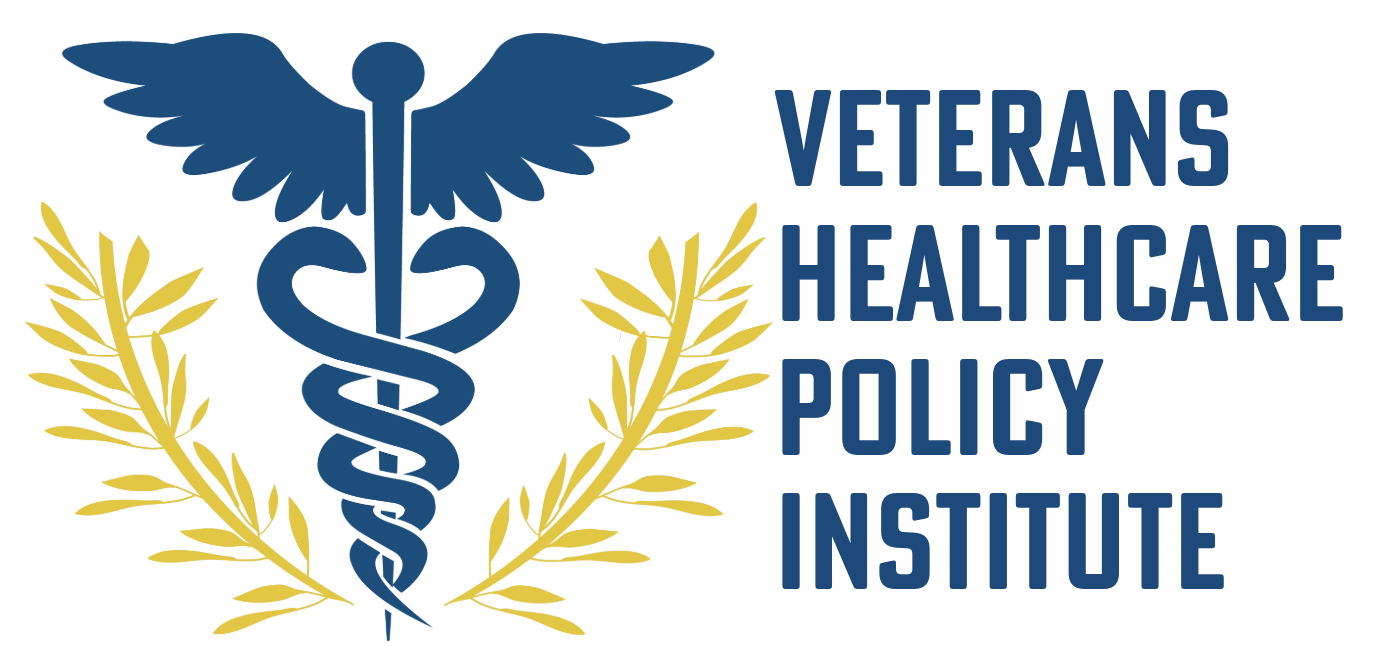The True Cost of the Veterans ACCESS Act Mental Health Pilot Program
Written by Russell B. Lemle, PhD, Veterans Healthcare Policy Institute, August 5, 2025
At the end of July, the House and Senate Veterans Affairs Committees advanced a major community care bill—the Veterans' ACCESS Act—that could fundamentally reshape veterans' healthcare while imposing staggering costs on taxpayers. The legislation's pilot program would allow veterans with mental health and substance use disorders to schedule appointments directly with community providers, completely bypassing Department of Veterans Affairs (VA) authorization and referral. After three years, this unfettered access model is intended to apply to all health conditions throughout the entire VA system.
There are no publicly released cost estimates for this pilot program, and the legislation continues moving forward. In the meantime, two other community care provisions were stripped from the original ACCESS Act precisely because their cost estimates proved prohibitive. The unlimited access provision appears to have escaped similar scrutiny—likely because predicting its costs vastly underestimates true expenses by treating it as merely a time- and location-limited "pilot program."
Such an assessment would represent a dangerous miscalculation that could burden veterans and taxpayers with costs exceeding hundreds of billions of dollars. This stark conclusion emerged from the congressionally mandated Commission on Care, whose independent experts were charged with predicting the true cost of granting veterans’ unrestricted access to private sector healthcare.
Drawing from a wealth of data—veteran demographics, healthcare utilization surveys, and studies on how cost-sharing shapes healthcare consumption—the Commission's findings reveal a deeply troubling financial outlook.
One scenario examined by the Commission—"Alternative #3"—closely mirrors the ACCESS Act pilot. It modeled eliminating VA authorization and referral requirements for eligibility for care in the now-called Veterans Community Care Program—exactly what the ACCESS Act proposes to do.
The Commission's report identified three key cost drivers that would dramatically inflate expenses:
First, many veterans not currently enrolled in the VA who use their existing insurance to receive private healthcare would switch to VA-paid coverage. The incentive is irresistible: the VA system's minimal cost-sharing requirements would slash veterans' out-of-pocket expenses compared to their present insurance.
Second, some veterans currently receiving VA care who don't qualify for community care would opt for this new pathway to access private sector care without referrals or authorization requirements.
Finally, the Commission warned that without proper cost controls, expenses would spiral upward—a prediction that has proven remarkably accurate. Multiple studies have since documented how the VCCP employs unnecessarily expensive tests, procedures, and appointments, with excessive costs billed directly to the government. The VA Office of Inspector General has consistently found weak operational oversight within the community care program, and the VA appears committed to this trajectory. This was starkly illustrated by last week's announcement that 30 outsourced services would receive automatic full-year authorization, bypassing utilization review entirely.
The Commission's middle estimate for Alternative #3 projects devastating fiscal impact: additional taxpayer costs reaching approximately $124 billion annually by year five and $152 billion annually by year ten. Healthcare policy expert Phil Longman, one of the Commission on Care commissioners, emphasized “Make no mistake: those figures represent new spending on top of existing VA healthcare costs.”
These staggering numbers don't capture the full damage. The analysis excludes other critical effects: erosion of the VA's teaching and research missions, compromised emergency preparedness capabilities, and potential quality deterioration. (Dozens of peer-reviewed studies demonstrate that the VA system provides equal or superior care compared to private alternatives.)
The ACCESS Act pilot represents more than fiscal recklessness—it's a fundamental restructuring of veterans' healthcare disguised as a modest pilot program. Creating unlimited access to private care will drain VA hospitals and clinics nationwide while incrementally privatizing veterans' healthcare through the back door.
This trajectory also aligns perfectly with the influential Heritage Foundation's blueprint for VA transformation. Faced with runaway costs, non-service-connected veterans would lose eligibility for VA-paid care. Coverage for service-connected veterans' health conditions would diminish. What appears to be expanded veterans’ choices could end as fewer options.
Congress must thoroughly examine the Commission on Care analyses as it anticipates the ACCESS Act pilot's cost. The American people deserve honest financial accounting before committing to a program that could devour hundreds of billions in taxpayer dollars.
Beneath its freedom-friendly rhetoric, the pilot is a budgetary time bomb. Congress can defuse it before it explodes and shatters a healthcare system that veterans overwhelmingly prefer and depend on.

